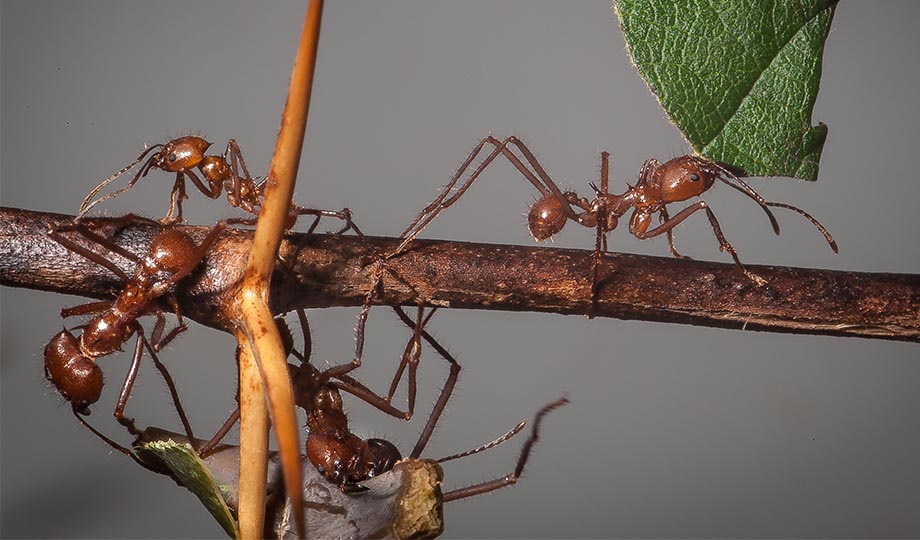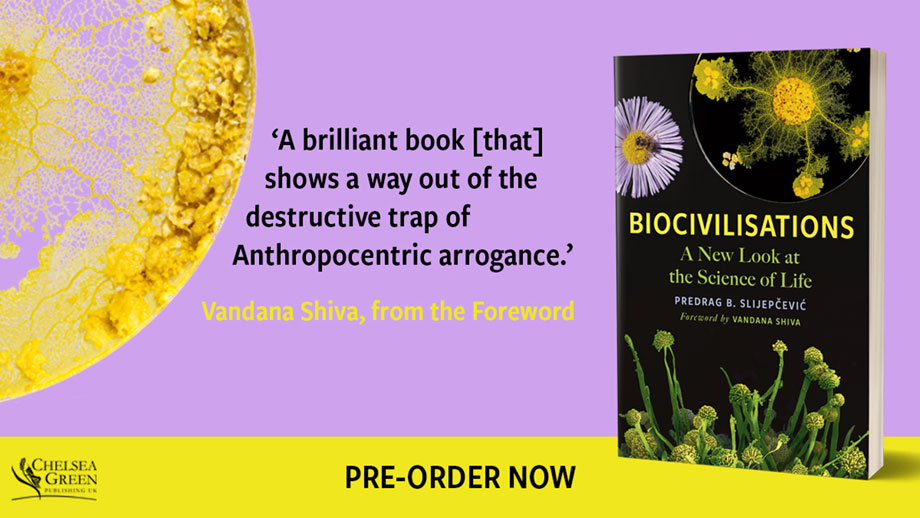People weren’t the first on the planet to form civilisations. Whales, fungi, bacteria, birds, insects and many other species show language, engineering, science, medicine, agriculture and different kinds of wisdom we associate with humans.
Biocivilisations, by Dr Predrag Slijepčević, explores the rich non-human realms of life that counter the idea that human civilisation is the pinnacle of progress and intelligence.
Launching this week, the Brunel bioscientist’s first book zooms in on the marvels in language, engineering, science, medicine and agriculture found in non-human species. Captivating stories and scientific research uncover the extraordinary intelligence and achievements of these often-underestimated beings.
“It’s wonderful to see Biocivilisations in print,” said Dr Slijepčević, who lectures in life sciences. “Its main message is that we have to understand the inner workings of the living world better, so that we can preserve its biodiversity.”
Whales, the book explains, communicate with each other using a series of sound clicks called codas. Sperm whales seem to announce themselves using a unique click sequence, or name.
Plants release hormones into the air when in distress, such as when insects attack them. Neighbouring plants then pick up on the signal and respond by preparing for attacks – for example, by releasing toxins to ward off the insects.
Honeybees are such smart engineers that a honeybee expert and a group of engineers used an algorithm inspired by honeybees to fix internet traffic problems. They copied the process bees use to distribute foragers searching a floral field for nectar.

Leafcutter ants farm fungi and even use antibiotic bacteria to protect their crops from parasites. And just as humans milk cows, ants ‘milk’ aphids for the nutritious honeydew they produce.
Dr Slijepčević, whose research focuses on how biological systems note and process environmental stimuli, also unveils the intricate social structures and engineering prowess of bacteria, showcasing their ability to build complex villages and megacities.
Biocivilisations presents an amazing new perspective on people’s place in the world. “Learning to value non-human civilisations may help reveal the ancient wisdom of species that came before us,” said Dr Slijepčević. “In so doing, this newly discovered wisdom could help us resolve the environmental crisis caused by our civilisation.”
